In the lush forest of Sanyi Village, Miaoli County, under bits of shadow and light, hides a bamboo hat-shaped tea house—the Peace Place. According to the founder Chen Xingping and his friend Lin Junyi, a designer, the natural and tranquil tea house is more like an experimental work, and even an installation art. As Chen said, they intended to create a portable, tiny tea house, most likely in a tent shape. However, since the large space set no limit on their creation, they hesitated no more to take the advantage, thus the inspiration of bamboo hat emerged. After some research on bamboo, they chose the firm and corrosion-resistant Mengzong Bamboo as their raw material, and built up the tea house by hand with the dried and cut bamboo strips. As each batch of the strips lasts about 4 to 5 years, the 6-year-old tea house has gone through a round of renovation. As the founder said, he was not sure if the Peace Place would take on a new look in the future. “It’s all about creation. When we get new ideas, we will translate them into reality.”
As the online exposure brings ever-heated attention, many visitors waste no time to come here with only little information. Such hastiness is not what Chen wants. During the normal days with no events, the Peace Place is almost devoid of furniture, leaving enough blank spaces to create a Zen-like feeling. Only when art events kick off (normally twice a month), the staff from Hochin, another aquilaria brand founded by Chen, would take in necessary furniture to match the event theme, such as aquilaria experience and tea ceremony. “Theme, music performance, space decoration, and most importantly, the vitality infused by visitors”. All these elements present the different “blossoms” of the tea house.
When we asked about the low frequency of events, Chen told us that Hochin[1] is still caught up with its major business. Maybe when the brand becomes steadier, the Peace Place would be a regular tea space with some events. For now, he still wants to keep it slow, no rush for the “peace place” in his heart.
An inn for the “simple-minded”
Chen named the tea house as “Simple-minded Space” (憨人书院) in Chinese. As for the word “simple-minded (憨)”, Chen has a very different understanding from the typical saying in his hometown that “the simple-minded are the blessed”. He prefers to cut the world in two as “courage (敢)” and “heart (心)” to make a new definition. “Are simple-minded people fools? I don’t think so, though I am sure of one thing: his journey is not easy. However, as far as he makes the choice and hits the road, he would take full responsibility for his decision.” Such motivation and persistence remind Chen of someone he met before.
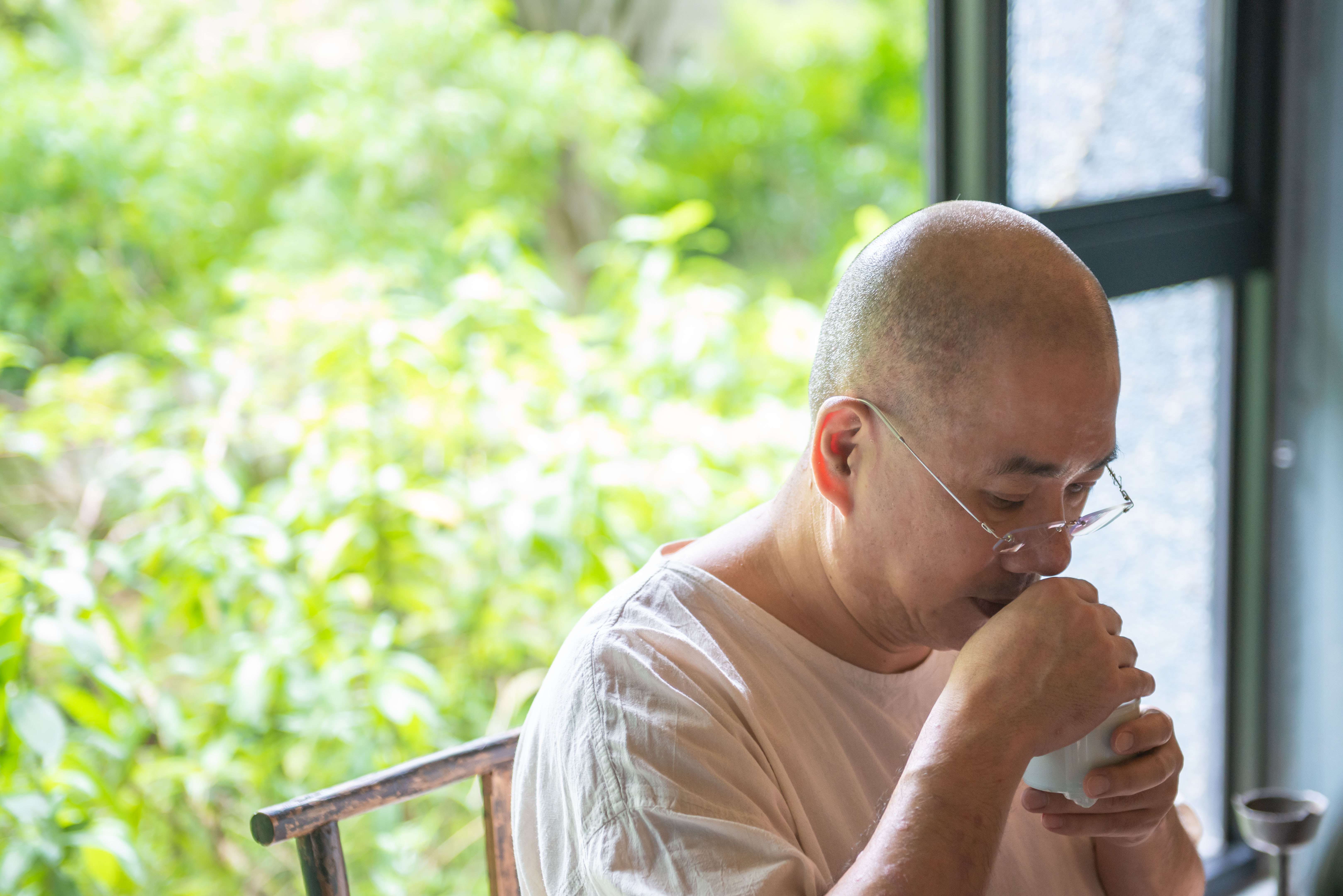
Compared to the fast-paced businessmen who blindly follow consumers, those “simple-minded” ones who pursue sincerity normally face a tougher condition. Chen used his experience as an example. Because of his teaching family and technical background, he developed a habit of analyzing product categories, and sadly found that more people tended to offer low-quality products for profits, throwing the kindness away. “The situation is not uncommon in modern society. The people-orientated thinking has somehow given way to overwhelming commercialization.” Therefore, when he sees those with small survival spaces struggling in the crowded market arena, he decided to create a space for the simple-minded, where they can rest and find they are not alone.
To this end, the Peace Place is not designed to sell Hochin aquilaria. Chen insisted on separating culture and business, and going on the journey like a simple-minded person since he has given the mission of the spirit stage to the space. As he told us, the space was originally designed to host friends for entertaining and rest, and has started to accept inquiries from strangers and enterprises since it introduced art events and became known to the public.
Incense and Tea as Medium
Though the Peace Place doesn’t sell aquilaria, Chen is happy to promote essence of incense and tea here. As it’s normally difficult to learn Buddhism and Zen in a short time, he turned his understanding into art, which means feeling the nature of incense and tea ceremony in a Zen way. The first stage is ‘art’ or ‘memory’, which trains a steady mindfulness through special space design, atmosphere and ceremony, such as the gentle smell of incense, tea brewing and atmosphere lighting. The second stage is ‘identification’, which enhances knowledge for customers, such as the aquilaria source areas (like Vietnam, Hainan and Indonesia) and tea categories (like West Lake Longjing Tea, Fuding White Tea, Yunan Pu’er Tea and Qimen Red Tea). The last and highest stage is ‘Tao’, which is related to meditation of spirit, a metaphysical context where you can explore the balance of the ego and the world.
“There is spiritual power in tea and incense, which starts qualitative change when it gets close to spirit. In the same way, the tea brewed by different people would be different, even when the tea leaves, water, equipment and temperature are the same.”
As incense still stays outside the mainstream, 80% of the events are tea ceremonies, including the very first two. Chen still remembers the comments for the first tea ceremony. “They have never attended a tea ceremony as comfortable as that. Such events can easily lead to comparisons,” which is an inevitable mindset in today’s society that pushes everyone to flaunt himself with luxury and over-priced products and compete with others secretly. “In this way, they can’t really let down their guard to savor the cup of tea in front of them, to appreciate themselves and be inclusive. However, visitors can gradually give up these bad habits in the Peace Place, temporarily forget the daily stress and enjoy the tea in the relaxing, artistic environment.”
In addition to the events, the Peace Place also hosts cultural events for many enterprises. The guests are normally senior managers and VIP customers, “who are too accustomed to and bored of high-class and gorgeous cuisines. Instead, the simple tea ceremony can catch their attention and relieve their stress.” Chen believes tea ceremony is on its way to emerge.
Not only the founder and visitors can sense the core of tea and incense, as Chen keeps it in mind for staff training. “Tea and incense are my medium. I hope my staff can earn their bread here, and also find balance and wisdom, just like the two elementary forms of Tai Chi. I mean, they can better balance the family, career and life.”
Set No Limits
As a highly-private space, the Peace Place boasts a lush, healthy ecosystem, allowing visitors to watch birds during the daytime and enjoy the starry light of fireflies at night. The incense materials in the garden are the fruitful results of his long-time investigation and research with his team. The whole story started when he was 32. Back then, he was a manager in a semiconductor company, and got a chance to study Zen in India. With an increasing passion about the mind-calming aquilaria, he came back to Taiwan and met some Vietnamese businessmen in the wholesale market. He soon took on the path to find and use incense materials, and soon founded his company, taking the tranquilization effect of aquilaria as a business opportunity. In 2010, he went to Xiamen for further development, and then moved his office to Shanghai and operated there from 2012 to 2017, when he came back to Taiwan with steady customers to continue his career. His experience shows how he sets no limits on his life.
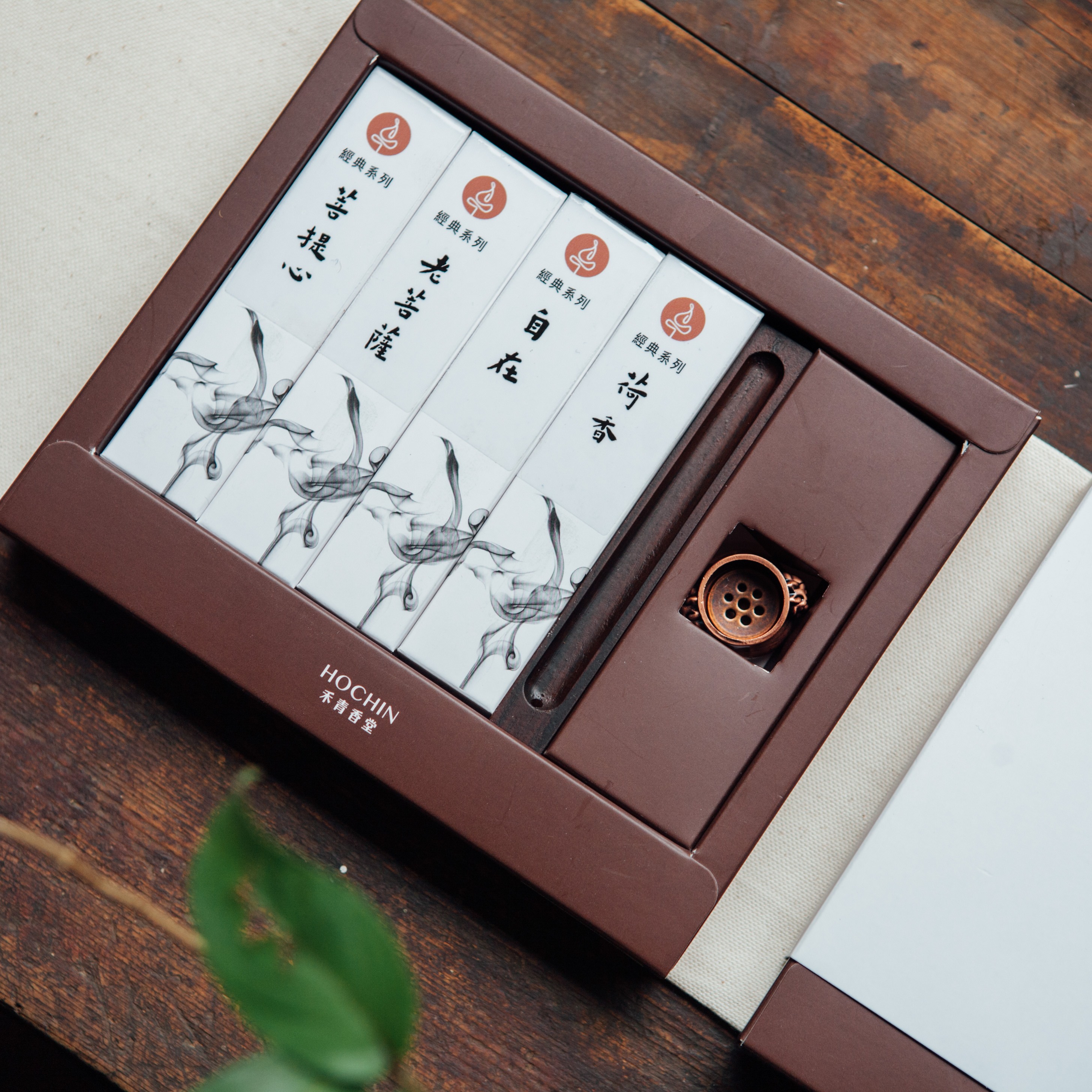
It’s the same for visitors and staff in Hochin and the Peace Place. The tea served for the event are proud works of Chen, who pursued Pu’er tea techniques as early as in 2004, and transformed the product from organic tea leaves to naturally-nurtured ones, showing a stronger focus on tea essence and natural principle. For the arrangement, visitors wouldn’t be stuck inside the half-open tea house, and have the freedom to walk outside. “We have different ways to brew and present our tea. For example, we brew tea in bowels, pots and others. We even introduce tea whisking dating back to the Song Dynasty. In fact, tea culture is quite popular today.” said Chen. “This also shows the direction for cultural innovation. With interpretation in different spaces, the state may be limited, but the experience would not.”
Chen appreciates the flexibility of tea. He doesn’t think the milkshake tea drinks and milk tea derived from modern customer needs are of no value. “That’s purely for business, with faster pace and simpler logic. But I want to deliver something about spirit and closer to life. Many believe young customers who get to know tea and fall in love with tea have a matured spirit.” Yet notably, the fast and slow paces in his words are not defined strictly. The slow spirit mediation may be a faster shortcut to uncover wisdom and ego, and the pipeline-like monotonous customer needs may be a buffer zone for fast development and change.
Staying true to its original aspiration, the Peace Place is like a way to enjoy feedback and interact outside the business context. It temporarily locks return on investment outdoor, balances sense and sensibility, and creates harmony with nature. The integration of humans and the environment is the life art message that this bamboo hat wants to deliver.
[1] Founded by Chen Xingping in Taiwan, Hochin is pillared by accurate technology and data to create exquisite aquilaria products, bringing mind-calming power in the profit-pursuing society. In 2015, Chen founded the Peace Place in Miaoli County, as an extension space for incense and Zen culture.



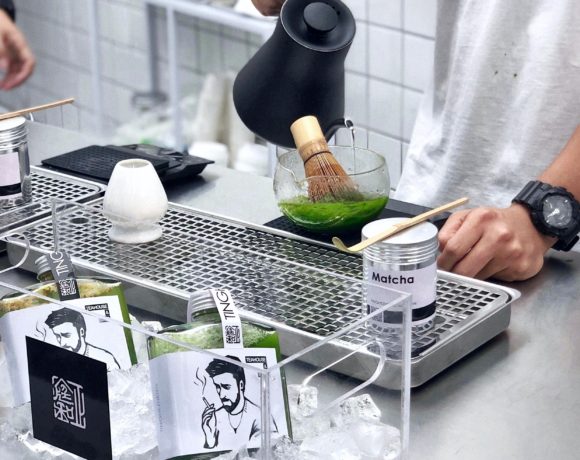
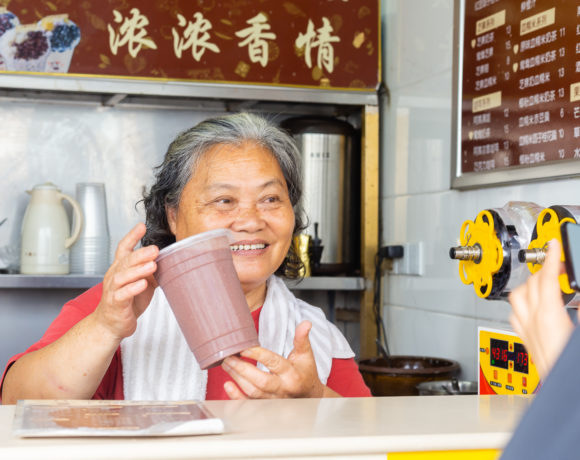
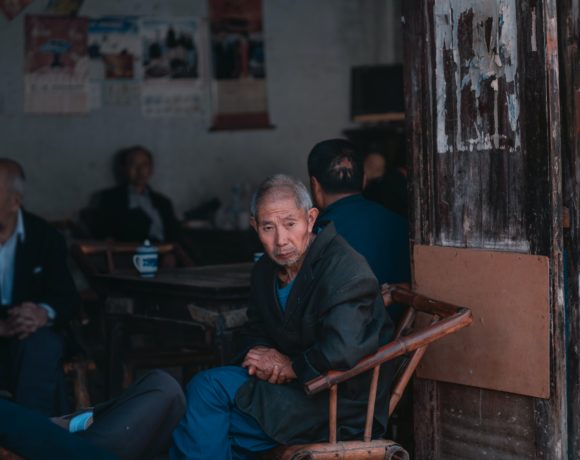






NO COMMENT